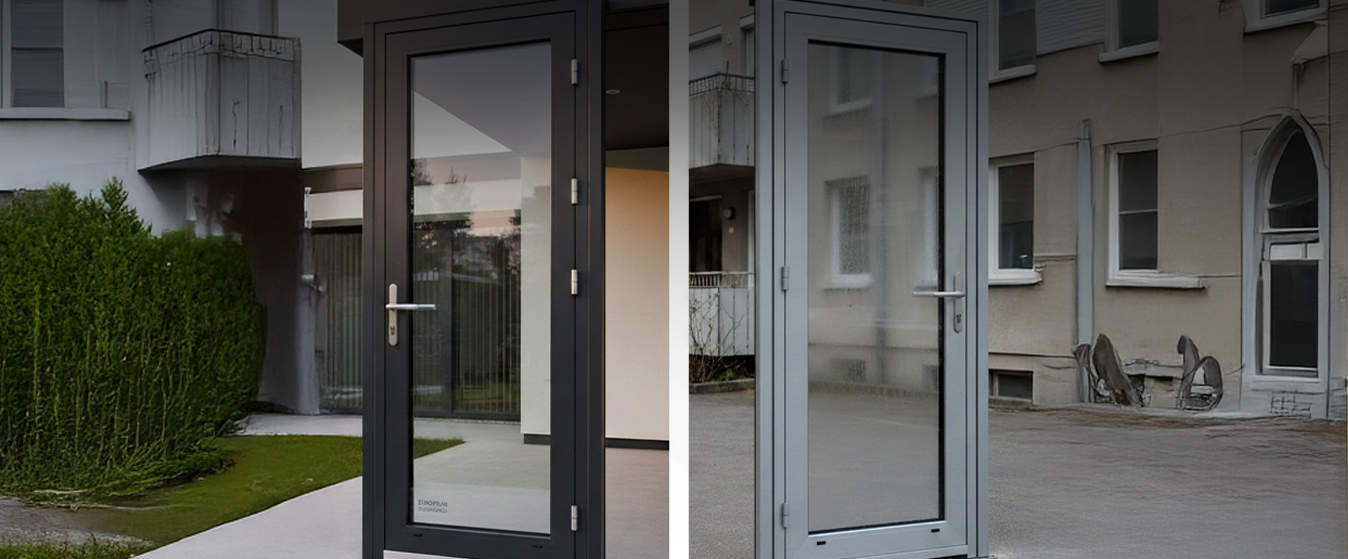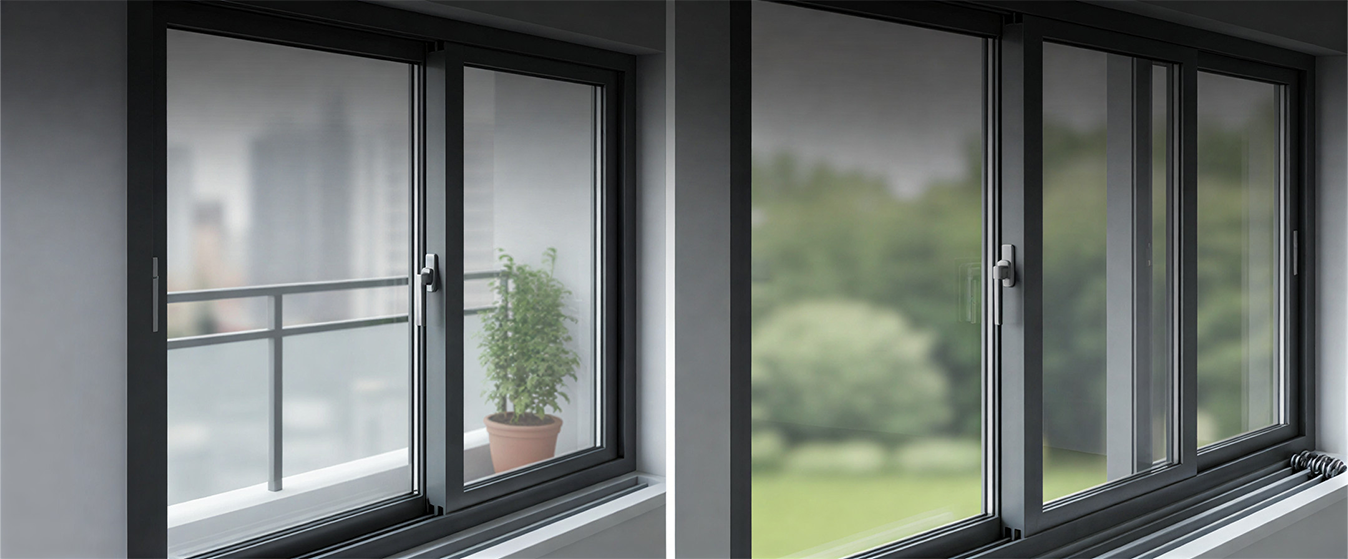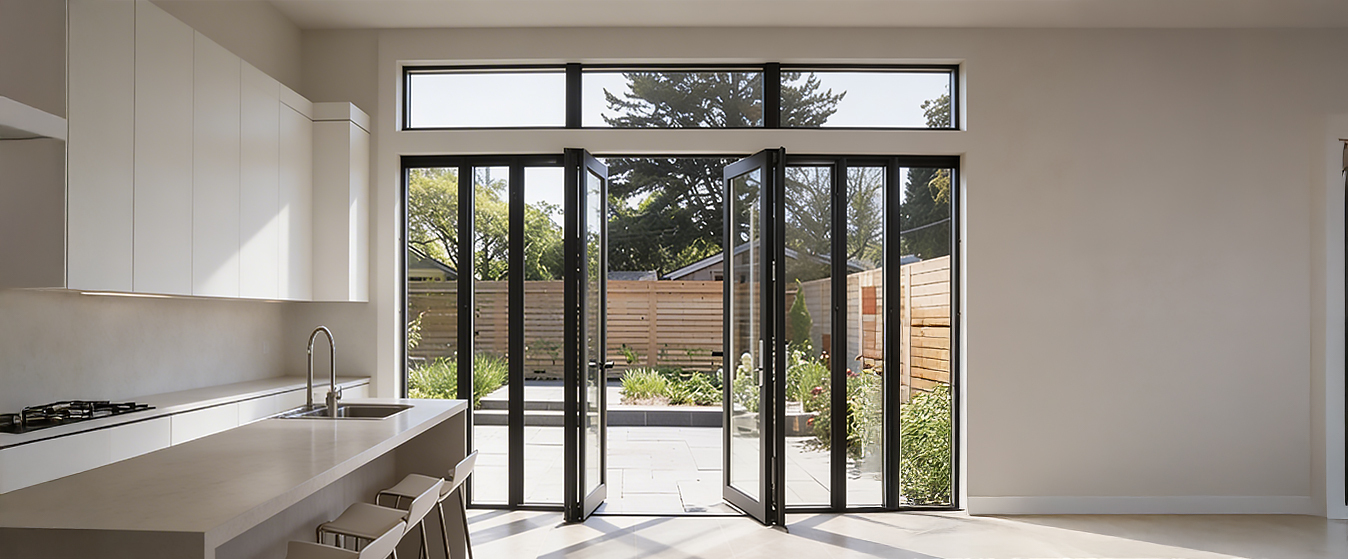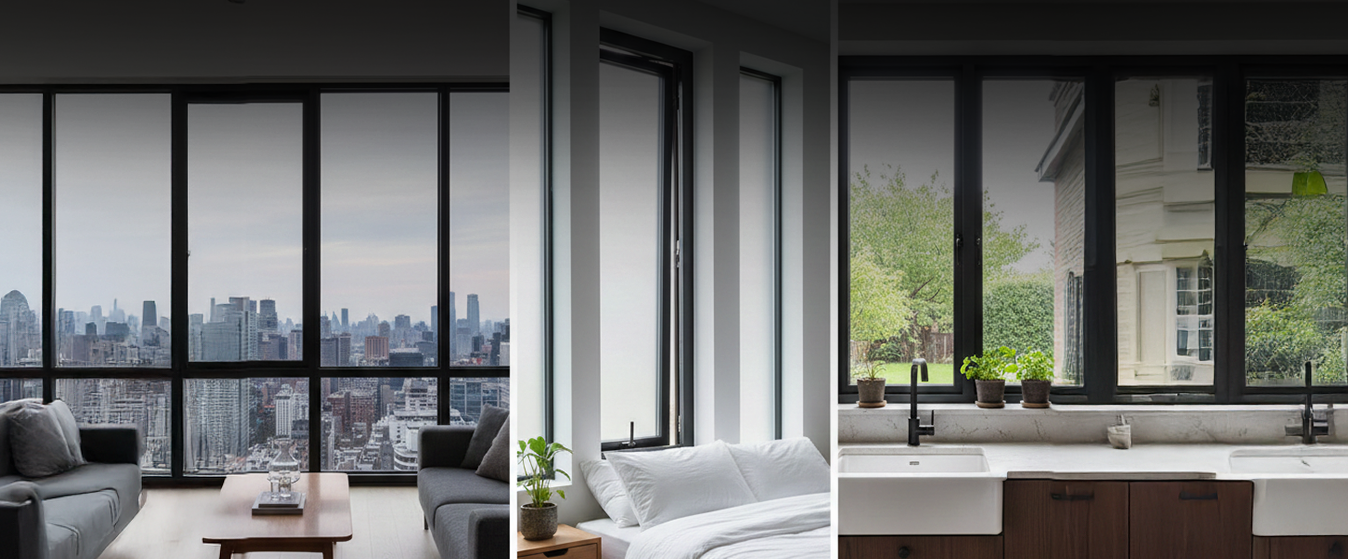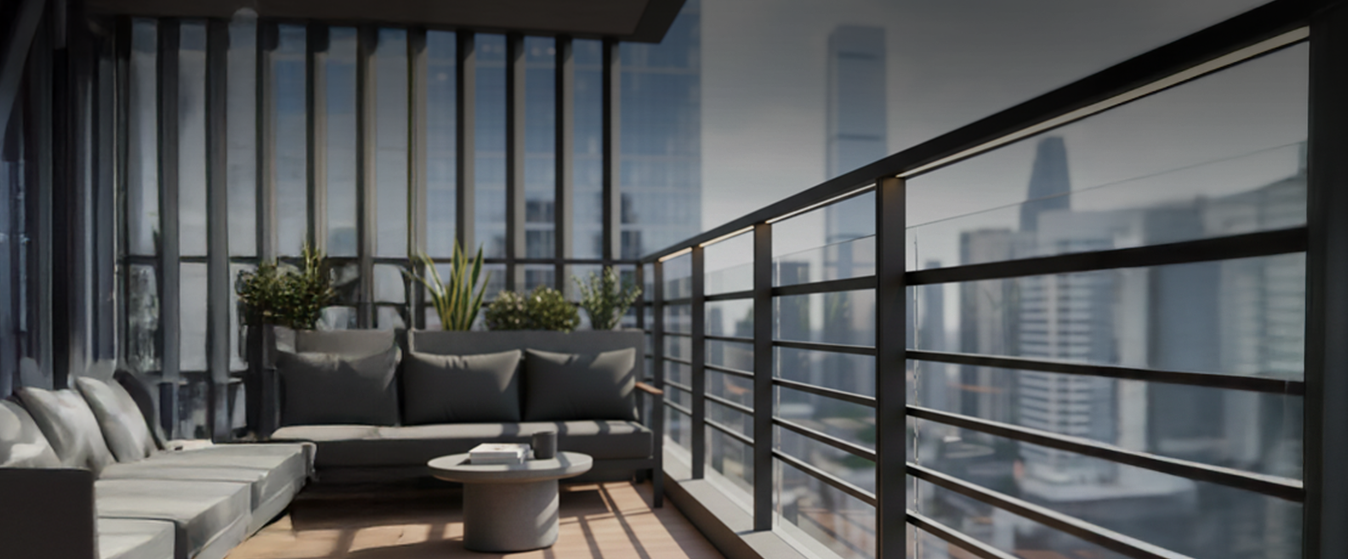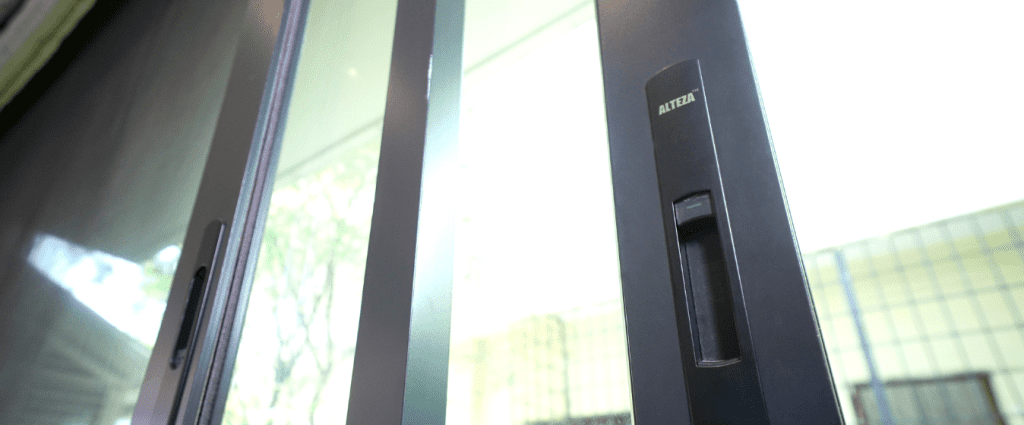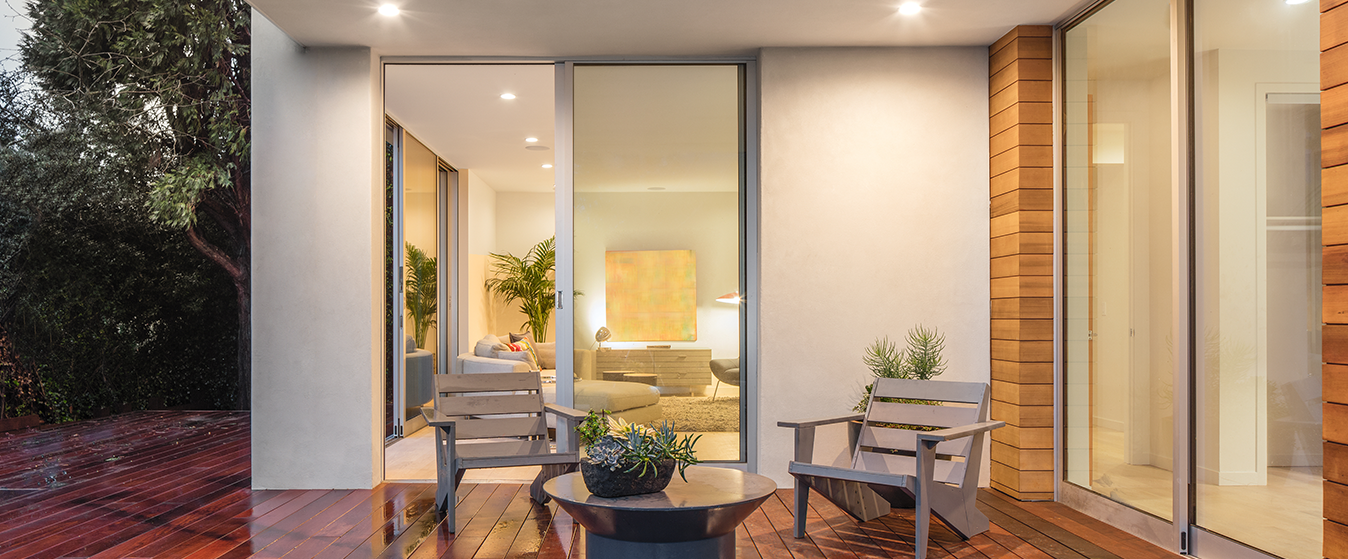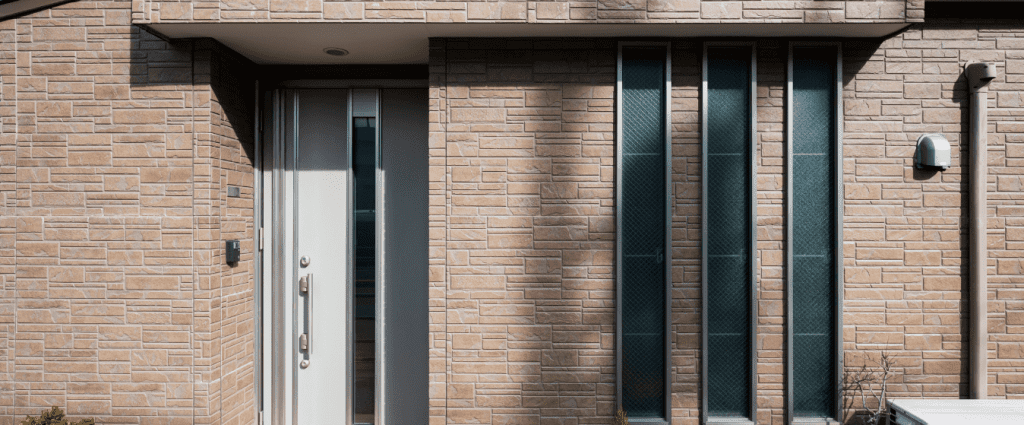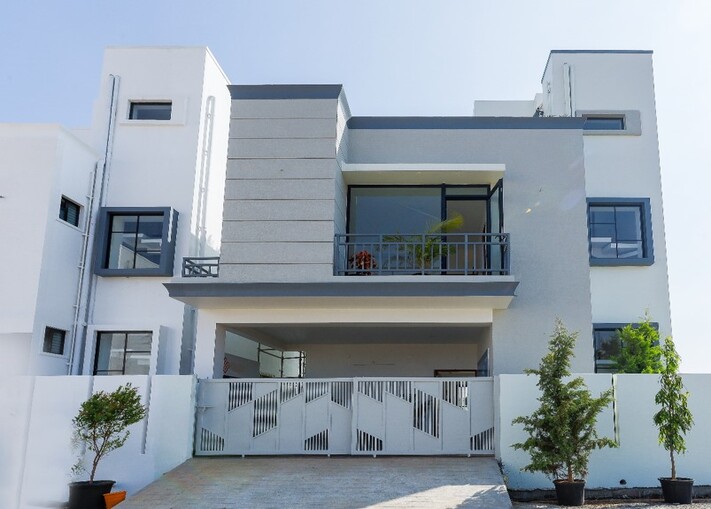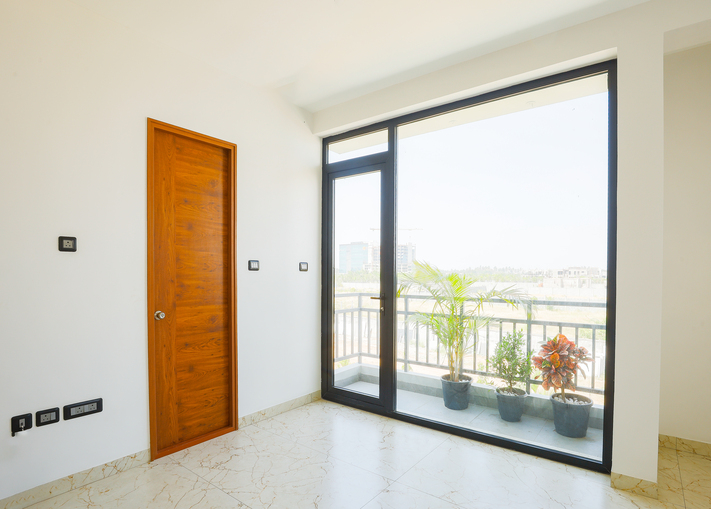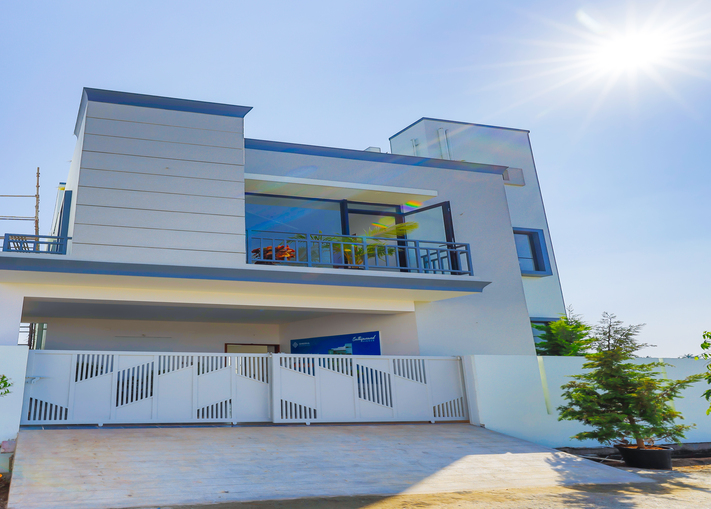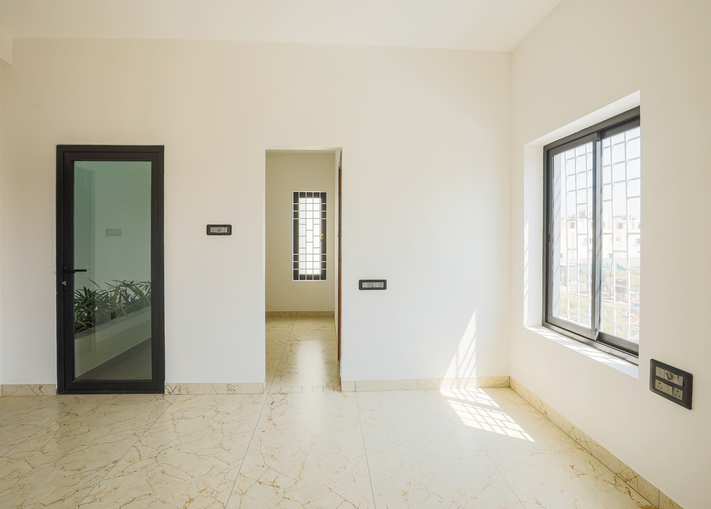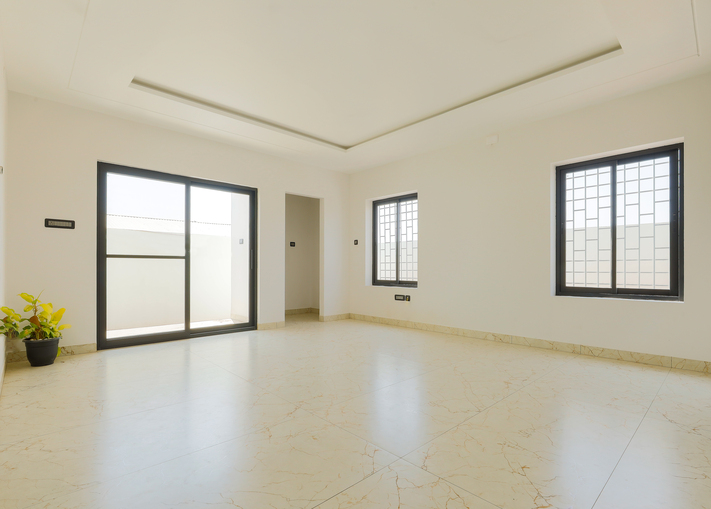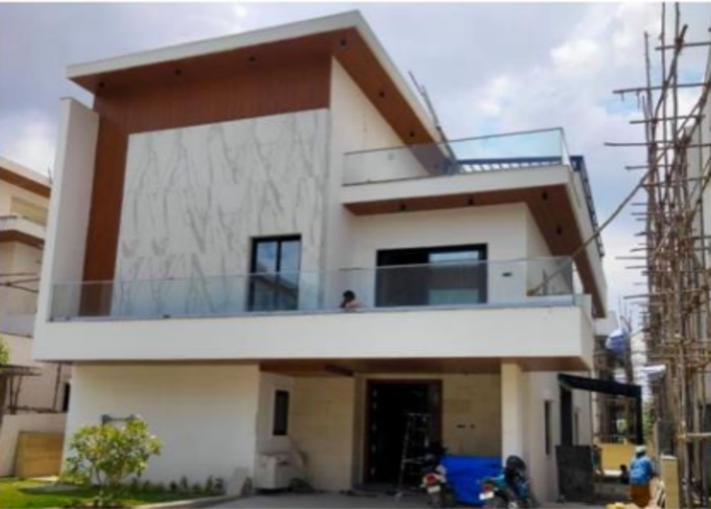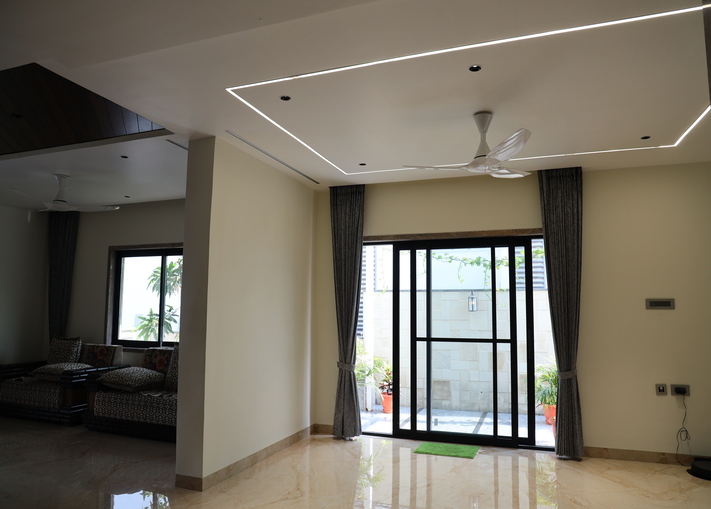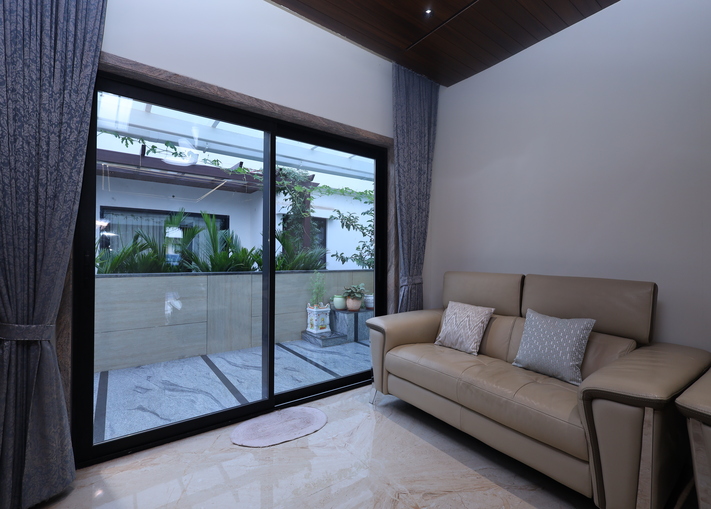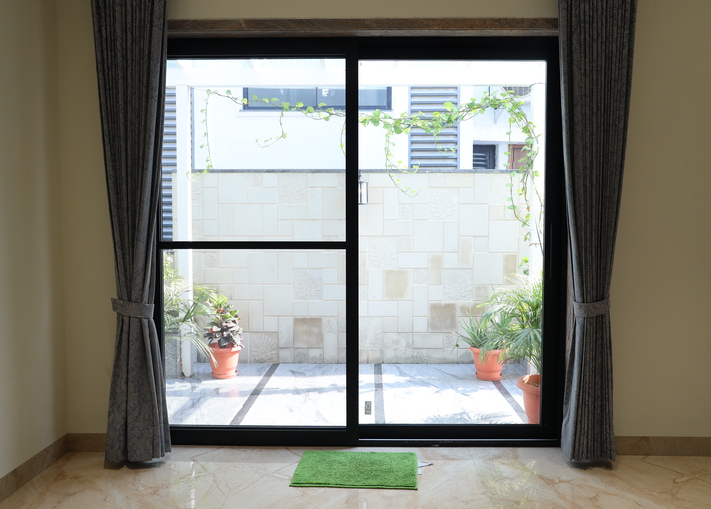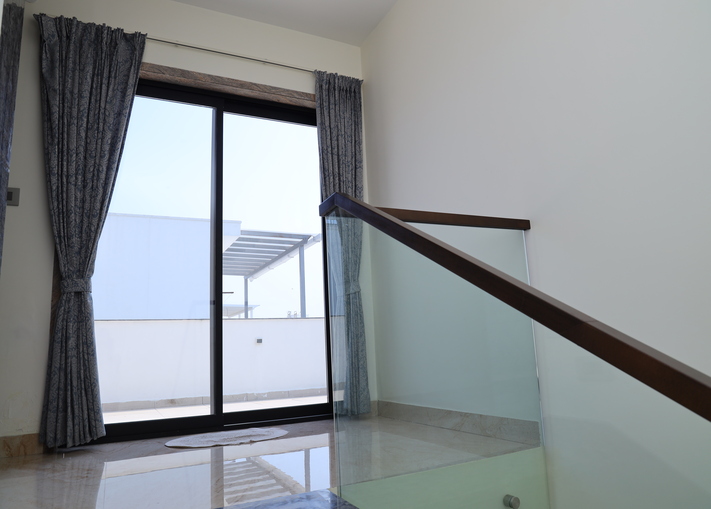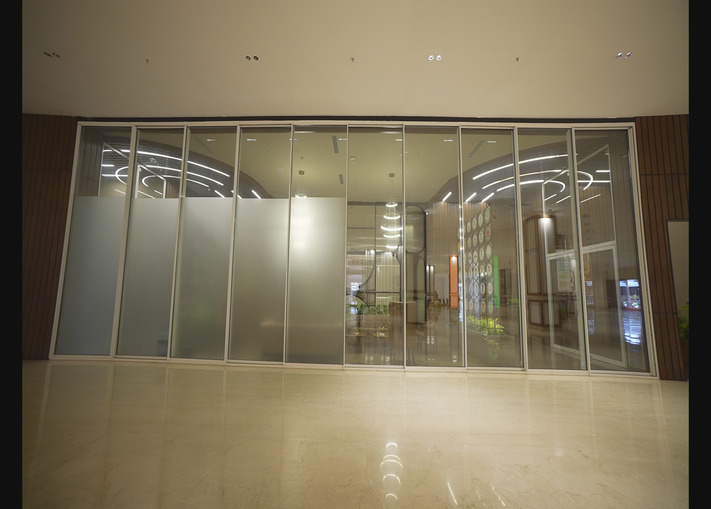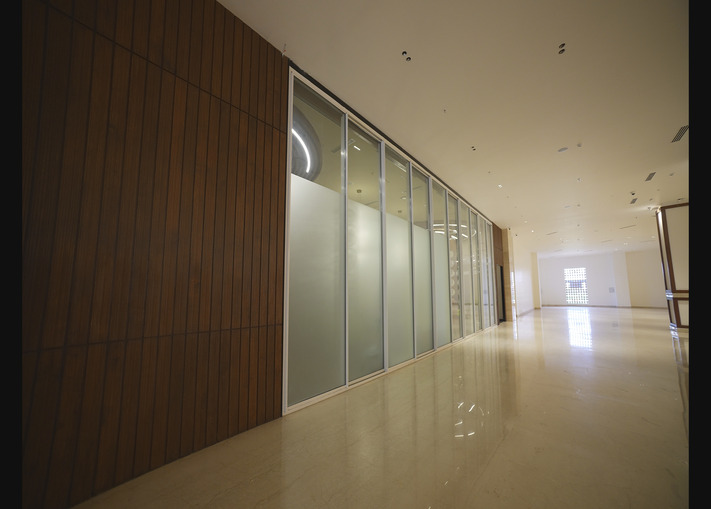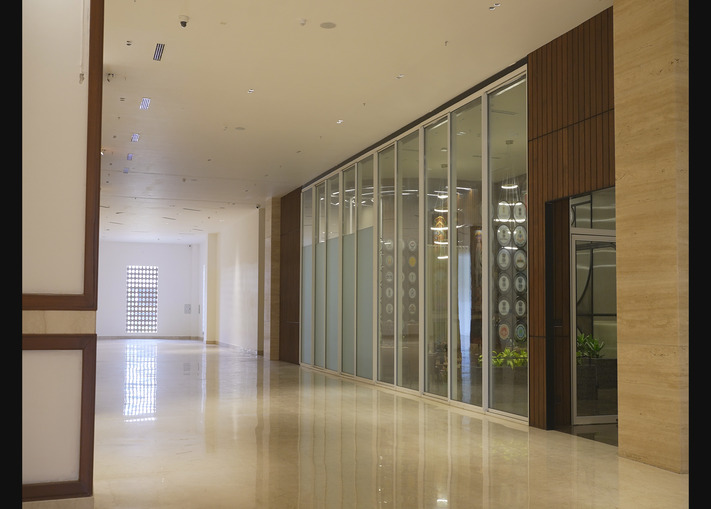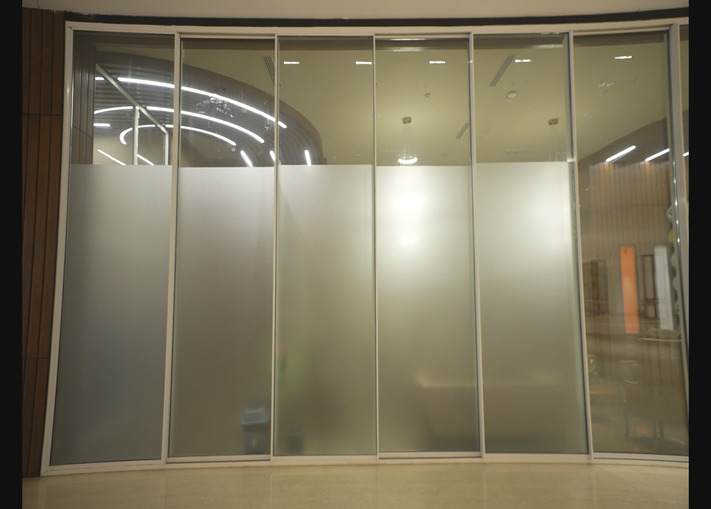How do glazing doors differ from regular glass doors?
January 31, 2025
Both glazing doors and regular glass doors provide the elegance and functionality of glass, but their differences in composition, design, and purpose make each suited to specific applications. Knowing these differences help homeowners make informed choices that align with their needs.
What are glazing doors?
Glazing doors are a specialized category of glass doors that feature multiple layers or treatments to enhance performance. These features might include double glazing, where two glass layers are separated by an insulating gap, or frosted and tinted glazing for privacy and style.
What defines regular glass doors?
Regular glass doors typically feature a single layer of untreated glass. They offer simplicity and transparency.
Key differences between glazing and regular glass doors
Energy efficiency
Double or triple glazing minimizes heat transfer, helping maintain comfortable indoor temperatures throughout the year. These features reduce energy costs and enhance comfort by keeping interiors cooler in summer and warmer in winter. In contrast, regular glass doors lack such insulating properties. While they allow abundant natural light, their single-layer design may result in higher energy consumption to regulate indoor temperatures.
Noise reduction
One of the key features of glazing doors is their ability to reduce noise. Multi-layered glass and insulating gaps act as sound barriers. Regular glass doors do not provide comparable soundproofing due to their single-pane construction.
Safety and security
Glazing doors often incorporate tempered or laminated glass for added safety. Laminated glass, for instance, includes a plastic interlayer that holds shards together if broken, reducing the risk of injury. Regular glass doors can also feature tempered glass, which is stronger than ordinary glass. However, without the additional layers or treatments of glazing doors, their overall safety and robustness may be lower.
Aesthetic customization
Glazing doors offer extensive customization options. Homeowners can choose from frosted, tinted, or patterned glass to achieve privacy and a unique design. These features make glazing doors adaptable to various architectural styles and functional needs. Regular glass doors offer a minimalist look that complements a wide range of interior and exterior designs.
Coatings
Glazing doors can include advanced coatings, such as low-emissivity (low-E) coatings. These coatings reflect heat and UV rays, improving energy efficiency and protecting interiors from sun damage. Regular glass doors typically lack these advanced features, making them less effective at insulating interiors or blocking UV radiation.
Glazing doors are ideal for exterior entrances, patios, and areas requiring privacy or soundproofing. Their enhanced performance makes them a popular choice in modern architectural designs. Regular glass doors are better suited for interior spaces, where their transparency and simplicity create a seamless and open feel between rooms.
Looking for aluminum glass doors?
Explore our aluminum doors. Our doors are designed to seamlessly blend modern aesthetics with exceptional functionality. Featuring a sleek 40mm sightline, they invite natural light while offering extensive customization in size and color, including wood grains, bright shades, and anodized finishes. Built to endure extreme temperatures and wind loads, they are versatile and eco-friendly. Smooth nylon rollers ensure effortless movement, and optional mesh tracks provide added convenience.
Made with genuine glass and hardware, our doors extend up to 10 feet in length and require minimal maintenance. Finished with durable, scratch-resistant powder coating, our products come with a comprehensive warranty, ensuring quality and peace of mind.



